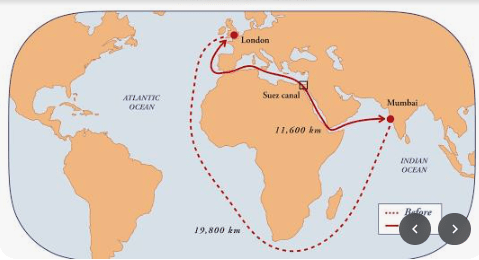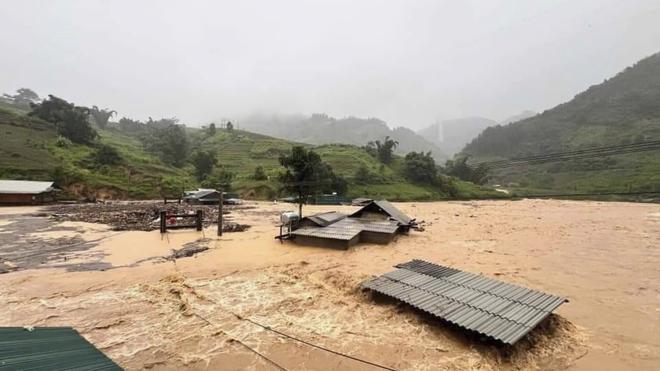Suez Canal Cairo
The Suez Canal Authority (SCA) has reaffirmed its dedication to respecting global accords that provide unrestricted passage for all ships using the canal, regardless of their nationality, whether they are military or commercial.
The SCA responded to enquiries on social media about the passage of warships from different nations in a statement released late Friday.
The authority emphasised that this practice is consistent with the Constantinople Convention of 1888 and affirmed that it complies with international conventions that safeguard the right of free passage for all kinds of vessels without discrimination based on nationality.
The SCA emphasised that by protecting every country’s right to use this worldwide facility, the 1888 agreement established the groundwork for the canal’s international role.
According to the convention, the Suez Canal shall always be “free and open at all times, both in peace and war, to every vessel of commerce or of war, without distinction of flag.”
This occurred during a period of unsubstantiated social media conjecture about the passage of armed vessels.
Separate statements on Thursday and Friday from Egypt’s Ministry of Transportation and military denied any collaboration with Israel.
Moreover, one of the most significant sea lanes in the world and a major source of foreign exchange for Egypt is still the Suez Canal. However, Egyptian President Abdel Fattah al-Sisi recently revealed that Egypt lost almost $6 billion in canal earnings as a result of geopolitical tensions in the region.
Also Read:
- CG Police Admit Card 2024 – Direct Download Link @cgpolice.gov.in
- AP TET Results 2024 Out – Direct Link to Result
- Govardhan Pooja 2024 – Lord Krishna’s Truimph over Indra
- Rohit Bal Passes Away at 63 aka Gudda
- Kunal Kamra v/s Bhavish Aggarwal’s Ola
All About Suez Canal
Also, the Suez Canal is a crucial artificial waterway in Egypt that connects the Mediterranean Sea to the Red Sea, allowing for a direct maritime route between Europe and Asia. Here are key details about the canal:
- Construction: The Suez Canal was constructed between 1859 and 1869, spearheaded by French engineer Ferdinand de Lesseps. It was officially opened on February 17, 1867.
- Ownership: Initially owned by the Suez Canal Company, the canal was nationalized by Egypt in 1956, leading to the Suez Crisis.
- Location: The canal is located in northeastern Egypt and spans approximately 120 miles (193 kilometers) from Port Said in the north to Suez in the south.
- Width and Depth: The canal varies in width and depth, with some areas allowing for the passage of large vessels, but it has also undergone expansions to accommodate increasing maritime traffic.
- Trade Route – The Suez Canal is one of the world’s busiest maritime trade routes. It significantly reduces travel time for ships, eliminating the need to navigate around the southern tip of Africa (Cape of Good Hope).
- Revenue: The canal is a major source of revenue for Egypt, generating billions of dollars annually from tolls paid by passing vessels.
- Traffic: Thousands of vessels pass through the canal each year, including container ships, oil tankers, and bulk carriers.
- Management: The Suez Canal Authority (SCA) manages the canal, overseeing operations, maintenance, and safety.
- Earthquake in Hyderabad – 5.3 Magnitude Eq in Telangana
- Comedian Sunil Pal goes missing – Wife files Police complaint
Suez Canal Ship Crossing Video
Challenges
Congestion: Congestion can occur due to high traffic volume, as notably demonstrated in March 2021 when the container ship Ever Given lodged itself in the canal, blocking passage for several days.
Environmental Concerns: The canal has had ecological impacts, including the introduction of invasive species to the Mediterranean.
Expansion Projects: To improve efficiency, Egypt has undertaken various expansion projects, including widening and deepening certain sections of the canal.
Geopolitical Significance: The Suez Canal remains a strategic point in global trade, and its control has been the subject of geopolitical tensions.
The Suez Canal is vital to international trade, significantly impacting global shipping routes and economies. Its strategic importance continues to make it a focal point in maritime logistics and geopolitical affairs.
- Benny Blanco and Selena Gomez are now Engaged – Forever Begins
- Pushpa Movie Allu Arjun Full Movie – Box Office Collection Pushpa Movie

Shubhangi Gupta is a distinguished content writer and the visionary founder of The Unpleasant – Acha Nahi Sabse Sacha. With a Master’s degree in Commerce from University of Lucknow, Shubhangi has seamlessly blended her academic background with her passion for reading and writing, embarking on a successful career as a content writer since 2019.






One thought on “Suez Canal Authority Reaffirms Commitment to Free Passage”